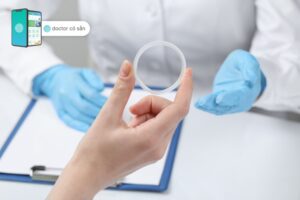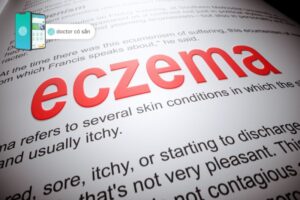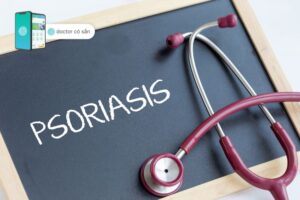STD is a term used to refer to a group of sexually transmitted diseases that are unsafe and have the potential to greatly affect the community. Although the term is familiar, not everyone knows all the information about these diseases. Find out more with Docosan by reading the shared post below.
Check and detect STDs at home with Docosan
HIV and syphilis are among the dangerous sexually transmitted infections. If you suspect you have an STD or are experiencing any unpleasant symptoms for no apparent reason, it’s important to take the initiative to get tested early. Unfortunately, very few people go to medical facilities to be tested for STDs, partly due to concerns about privacy and stigma, and partly due to busy schedules. Delaying getting a health check-up can worsen the condition.
Recognizing the need for STD testing and detection, Docosan provides a test kit for common STDs that can be used at home. With this test kit, you can find out if you are infected without having to go to a clinic. The test kit can help you diagnose gonorrhea, syphilis, HIV, and chlamydia. The process is simple and suitable for all individuals.
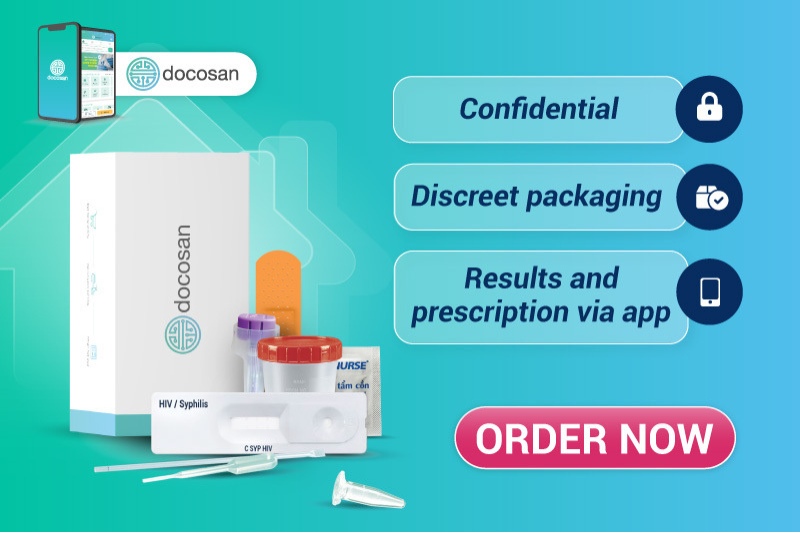
Additionally, Docosan provides at-home HIV/Syphilis test kits for checking for STDs without the need to travel to a medical facility. The safety and accuracy of these test kits are guaranteed, as the medical devices included in the service package are licensed for circulation by the appropriate authorities.
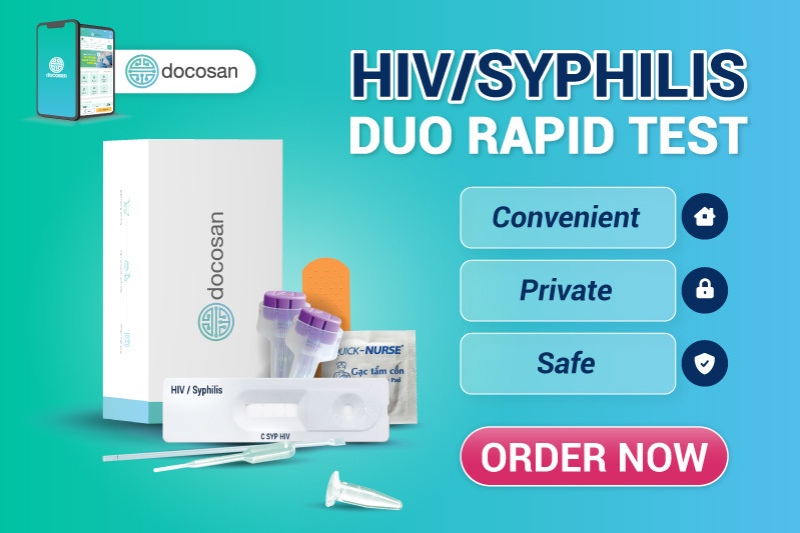
Moreover, patients are provided with instructions from a specialist on how to read the test results, as well as guidance on disease control measures in case of a positive result. Additionally, the service provides information on how to protect one’s health from pathogens and appropriate preventive measures.
What is STD?
STD is a common term used to refer to diseases that are transmitted through unsafe sex. This group of diseases can cause many dangerous health effects for both men and women, and some of them can be potentially life-threatening if not well controlled.
In the past, the term “social disease” was frequently used in the medical world to refer to these dangerous diseases that could spread throughout the community. Today, STDs are widely known as sexually transmitted diseases.

The most common sexually transmitted diseases today include:
- Syphilis
- Genital warts
- Gonorrhea
- Chlamydia
- Genital herpes
- Trichomoniasis
- HIV
Who is at high risk of STD?
In essence, sexually transmitted diseases (STDs) are spread through unsafe sex, putting anyone who has sex, even for the first time, at risk. However, the following groups of people are statistically at a higher risk of contracting these diseases:
- People who have sex with multiple partners
- Individuals who have sexual contact with someone who has had multiple sexual partners
- Sex workers and their clients
- People who have unprotected sex (without condoms)
- Young people who lack knowledge about sexual health and safe sex practices, and who may not know how to use condoms during sex
- People who inject drugs and share needles with individuals who have STDs

Are STDs dangerous?
Social diseases not only affect the health, psychophysiology and economy of infected people, but also affect the community by the spread if not controlled. This disease can even be life-threatening. More specific:
- Patients’ psychology is prone to crisis: For those who are unfortunate enough to have the disease, they often worry about many issues such as fear of others knowing, wanting to share but fear of being looked down upon, fear of infecting their loved ones. , afraid of being alone on the journey to fight the disease. Because of that, it can make the patient easily fall into a psychological crisis, causing prolonged stress.
- Effects on fertility: STDs are mainly spread through unprotected sex. Prolonged infection and a weakened immune system during STDs can affect the reproductive organs and fertility of the patient.
- Life-threatening: Some social diseases such as gonorrhea, syphilis, HIV/AIDS, etc. are potentially life-threatening if there is no appropriate treatment. In addition to skin lesions appearing more and more, patients are also likely to face other lesions in the brain, central nervous system, cardiovascular, liver, kidney,… due to a weakened immune system.

Effective measures to prevent STD
Equipping yourself with basic knowledge about STD is always recommended by medical experts to prevent transmission of STD. You can prevent infection through some of the following measures:
- Build and maintain a healthy sex life by being monogamous. Spouses should be honest and faithful to their partner.
- Using condoms during sex not only helps prevent STDs, but also prevents unwanted pregnancy.
- Do not have sex while drunk or using stimulants.
- Clean genitals before and after sex.
- Actively conduct periodic health checkups 1-2 times a year to detect disease symptoms early and prevent possible bad complications.
- Adjust a scientific diet and maintain a regular exercise routine every day.
- Avoid sharing personal items with many people.
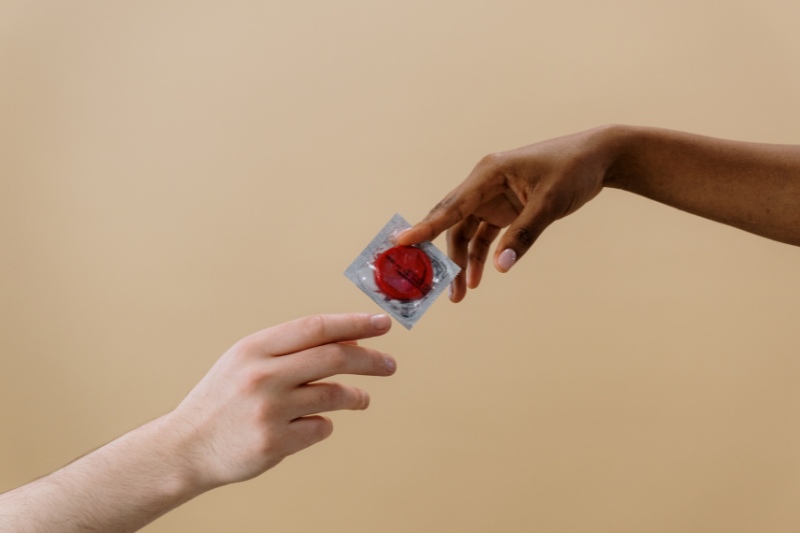
Here is all the important information about STD that you need to be aware of. Hopefully the information that has just been shared will help you gain more useful knowledge in protecting your own health. Take the initiative to check your health as soon as you suspect or have unusual symptoms.
The article is consulted from doctors and reliable domestic and foreign sources.



